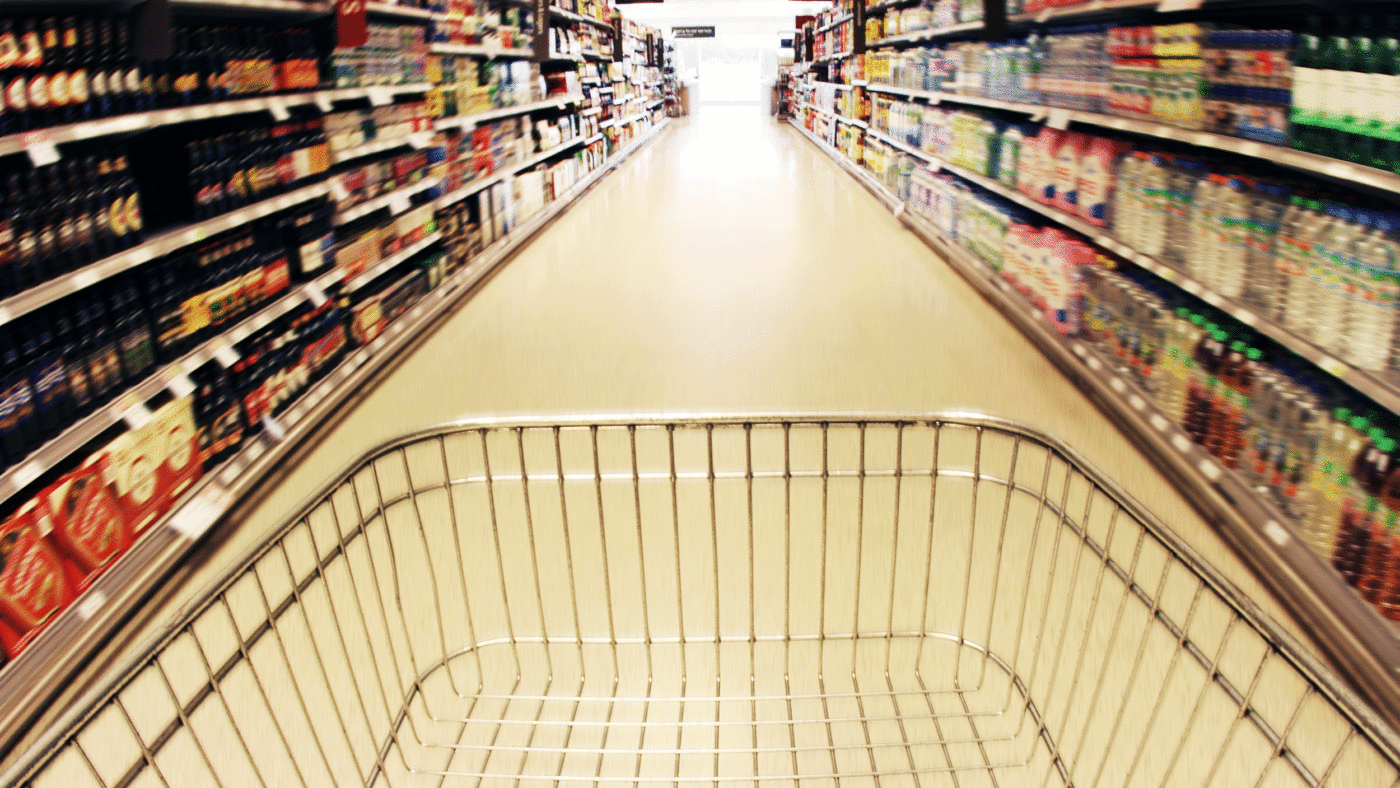The rise in gas prices isn’t just pushing up energy bills, it’s affecting food prices too – and the worst is yet to come.
Tesco chairman John Allan has predicted that food prices could rise by 5% by spring as energy and other costs feed through to the high street.
Food and drink manufacturers have been absorbing rising commodity prices for years, allowing consumer prices to remain as low as possible, but that is beginning to take its toll. Combined with the lingering effects of the Covid-19 pandemic and weaker exports due to Brexit, producers’ margins are becoming ever more squeezed, which has a knock-on effect on food prices on the shelves.
As Helen Dickinson of the British Retail Consortium put it, ‘it would be impossible to protect consumers from any future rises. As commodity prices, energy prices and transportation costs continue to rise, it is inevitable that retail prices will continue to follow in the future.’
Food prices were already rising early last year. Global food commodity prices rose by 17% in the first half of 2021, as pointed out by ex-Bank of England chief economist Andrew Haldane. The UN Food & Agriculture Organisation (FAO) says there has been a 30% year-on-year rise in prices, fuelled by non-economic factors such as poor wheat harvests.
But instead of considering how to keep costs down to protect consumers, the Government is pursuing a self-defeating, expensive anti-obesity drive. Take the Health and Care Bill, amendments to which are being debated in Parliament this week. This legislation will ban ‘buy one get one free’ and ‘three for two’ promotions in supermarkets, while new advertising rules will affect all food the Government deems ‘unhealthy’, with a new 9pm watershed to protect Britain’s fragile youth from the perils of Pringles and menace of Mars bars.
What’s even more frustrating is that the very idea that restricting certain foods will make us thinner is a wild over-simplification. Most primary schoolers could probably tell you that multiple factors contribute to obesity, and that staying a healthy weight involves a balance between diet and exercise. There is no untested silver-bullet that will make Brits shed the pounds en masse.
To make matters even worse, this regulatory drive will raise already high costs faced by food manufacturers, which will inevitably be passed onto consumers. That’s before you consider the direct costs of stopping low-income shoppers accessing two-for-one deals, which many rely on to help make ends meet. Indeed, according to research from the Food & Drink Federation annual shopping bills could rise by more than £160 per household thanks to these new rules. That might not hurt those on middle incomes particularly severely, but it’s potentially ruinous for households who are already on the breadline.
As John Allan pointed out in his BBC interview, for those on lower incomes the cost of food takes up a disproportionate chunk of household budgets. In other words, not only will these clumsy anti-obesity interventionists make the poor poorer – they will hit the poor harder than anyone else.
While the clamour is always for politicians to ‘do something’ to address high prices, in this case the best response would be to take a step back and pause the Health and Care Bill until we can properly assess its potential impact on the cost-of-living crisis..
Click here to subscribe to our daily briefing – the best pieces from CapX and across the web.
CapX depends on the generosity of its readers. If you value what we do, please consider making a donation.


